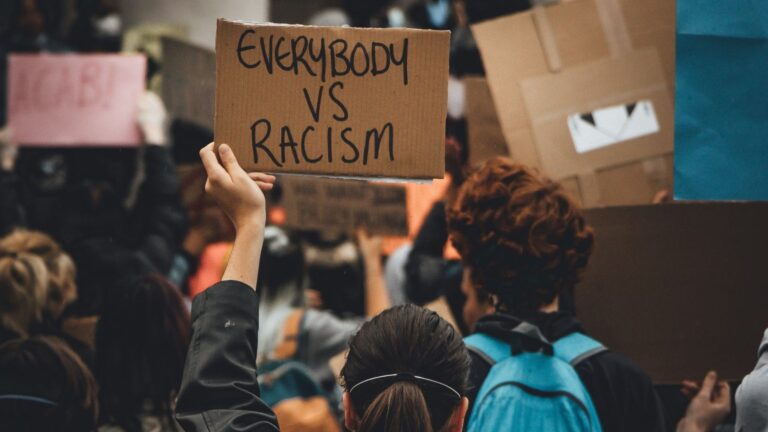Can we achieve health equity without addressing structural racism? A recent public health study says no.
Structural racism refers to societal systems that perpetuate racial inequities across institutions. It manifests through discriminatory policies, lack of political representation, uneven resource distribution, and implicit biases in healthcare.
This entrenches disadvantages for communities of color. Over generations, structural racism produces stark disparities in life expectancy, chronic disease, and maternal mortality.
Surface-level interventions cannot adequately address such deeply rooted inequities. Promoting equity requires reforming policies, diversifying leadership, and investing in under-resourced neighborhoods.
True health equity demands acknowledging past racial harms, shifting power dynamics, and considering how each decision will impact racial groups. The necessary steps are challenging but the costs of inaction are unconscionable.
Health professionals must speak out on combating structural racism. We cannot claim to prioritize health equity without fixing societal systems that produce inequities. Achieving equity requires courage, leadership, and centering affected voices.
The published research can be found here.


